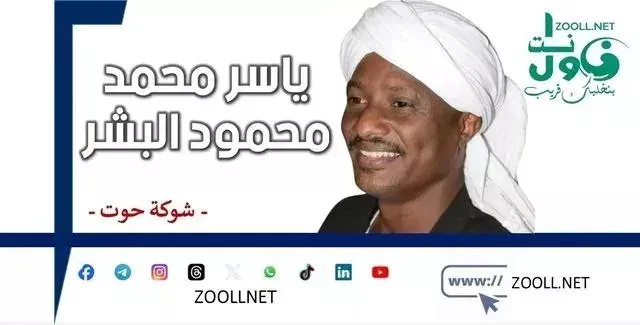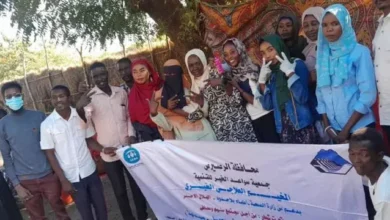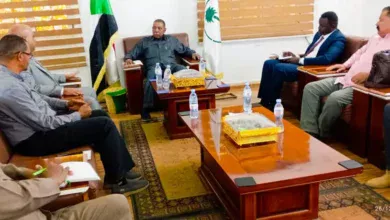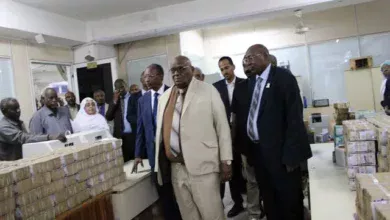Microfinance…correct approach and wrong behavior – Whale Thorn – ✍️ Yasser Muhammad Mahmoud Al-Bishr

*The experience of microfinance began in Sudan at the beginning of the third millennium, and microfinance institutions in Sudan consider the experience of Professor Muhammad Yunus, the founder of the Bank for the Poor in Bangladesh, as a pioneering experience in the field of small, micro, and microfinance. It can be said that there were forty-four microfinance institutions operating in Sudan as of April 15, 2023. There are no more than twenty institutions operating today, and the Bank of Sudan has allocated 12% of the funds of Sudanese banks. to be allocated to microfinance. Despite what I have mentioned, the experience of microfinance in Sudan must be evaluated and assessed seriously if the state wants to contribute funds for microfinance projects to the gross national product*.
*It can be said that the simplicity of the procedures followed in the series of banking transactions and other procedures undoubtedly confirms that these institutions limit the ambitions of those who wish to enter this field, in addition to the modesty of the proposed projects, which result in losing projects before the start of financing, because these represent… Projects in rickshaws, tractors, refrigerators and other projects that do not meet the needs of their owner, not to mention the work to provide installments for the project itself. This was before the war broke out and after the outbreak of the war, all or most of the financiers turned into poor and displaced people who do not have the means to live their day, much less pay their necessarily known installments*.
*It can be said that projects financed by microfinance institutions face a number of obstacles, including an increase in the interest rate to 30%, in addition to the payment of 25% of the amount paid in advance to the bank, the payment of 17% taxes and other procedures that confirm the loss of the project before its start, given the lack of training of financiers on the management of financed projects and many problems facing microfinance in Sudan*.
*The Sudan Scholars Association, the Bank of Sudan and a group of banks in Port Sudan organized a brainstorming session on microfinance, problems and solutions, which is a series of solutions to community problems and poverty reduction, in addition to opening up employment opportunities for those affected by the war and the displaced in the city of Port Sudan, and the creation of new projects and non-traditional projects, which should be group projects with other financial partners such as zakat and organizations in the form of donations, and there are problems between them. gifts, loans and credits. The aim is to provide employment opportunities and alternative sources of income to sectors of society that meet the recommendations of the sponsors and accommodate the displaced in their various sectors, doctors, engineers, technicians, university professors, veterinarians and. other sectors. Therefore, urgent solutions must be sought to these problems*.
Half a fork
*Despite the validity of the proposed approach for microfinance, the bad behaviors practiced in the implementation of these projects represent a stumbling block to the success of these projects and discourage people from engaging in these projects.*
A quarter of a fork
*There are certain projects, certain banks and certain microfinance institutions that make the poor poorer and the rich richer than them.*






